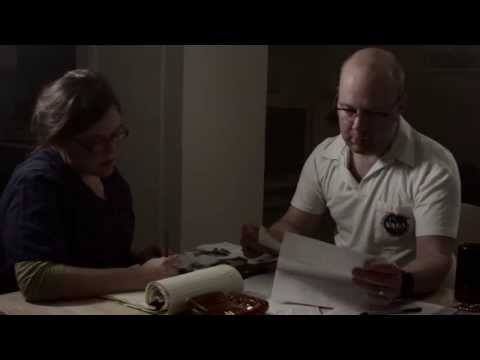Zach Braff is best known for his work on TV’s Scrubs, as well as his film Garden State, and of course, the time Ashton Kutcher tricked him into assaulting a literal child. But let us not forget about Braff’s second feature film as a writer-director, which came out 10 years ago this week: Wish I Was Here.
The actual movie, about a dad who decides to homeschool his two kids, is far less memorable than the controversy surrounding how the movie got made in the first place.
Famously, Braff opted to crowdfund Wish I Was Here on Kickstarter, which, at the time, seemed like an odd move for an established celebrity whose previous directorial effort had been a financial and critical success.
Don’t Miss
How did Braff defend his decision to turn to Kickstarter? While Braff obviously could have received more traditional funding, he told his fans that he was adamant about retaining final cut and making a movie “with no compromises,” rather than capitulate to the whims of “money people,” which seemed like a weird line in the sand to draw for a guy trying to make a syrupy dramedy that felt algorithmically programmed to play at Sundance.
While celebrity Kickstarters are far more commonplace now, at the time, crowdfunding was primarily utilized by non-millionaires with few resources for financing their work. The voice of the CGI monkey from Oz the Great and Powerful asking the masses to chip in to pay for his film rubbed a lot of people the wrong way.
This sentiment was perhaps best expressed by Tim Heidecker, who took it upon himself to write a “meta” scene for Braff’s film in which a couple face financial ruin after the husband donates $100 to “that fucking Zach Braff piece of shit.”
Not unlike the wildly successful campaign for the Veronica Mars movie that inspired Braff to go the Kickstarter route, Wish I Was Here made a crap-ton of Kickstarter money in very a short amount of time. Braff raised $1.5 million in the first day alone, eventually making over $3 million, far surpassing the goal of $2 million.
But then Braff added even more fuel to the controversy fire by accepting additional funding from Worldview Entertainment, who put in enough cash to expand the total budget to “around $5 million.” The Worldview input was needed to help keep the production on schedule, otherwise, as Variety noted at the time, they wouldn’t “have enough time to get bank loans against foreign pre-sale letters.”
Fairly or not, it was hard not to see this as Braff working with those nefarious “money people” he warned everyone about, thereby completely invalidating his original justification for crowdfunding.
And some of the backers weren’t happy either, after their Kickstarter rewards failed to arrive in a timely manner. Following these reports, Braff reached out to at least one backer and complained that “trashing us in the media is unfair.” And when the film sold for $2.75 million to Focus Features at Sundance, none of that money went to the film’s backers because, as the film’s producer stated, “That’s not the way Kickstarter works. It was never about investment.”
After all of this drama, the movie was met with tepid reviews and “just broke even” at the box office — although, again, the majority of the production budget was provided by backers who never received any kind of a return on their non-investment beyond Kickstarter rewards. Braff later admitted that, while he’s proud of the finished product, the backlash surrounding the funding likely hurt the movie. He has even stated, “If I had a time machine, I wouldn’t have done it,” while also defensively complaining that a lot of his critics at the time “didn’t really know their facts and didn’t really understand film finance.”
If you don’t feel like celebrating this anniversary by watching Wish I Was Here, there’s always MoonratMedia’s adaptation of Heidecker’s script page.
You (yes, you) should follow JM on Twitter (if it still exists by the time you’re reading this).

